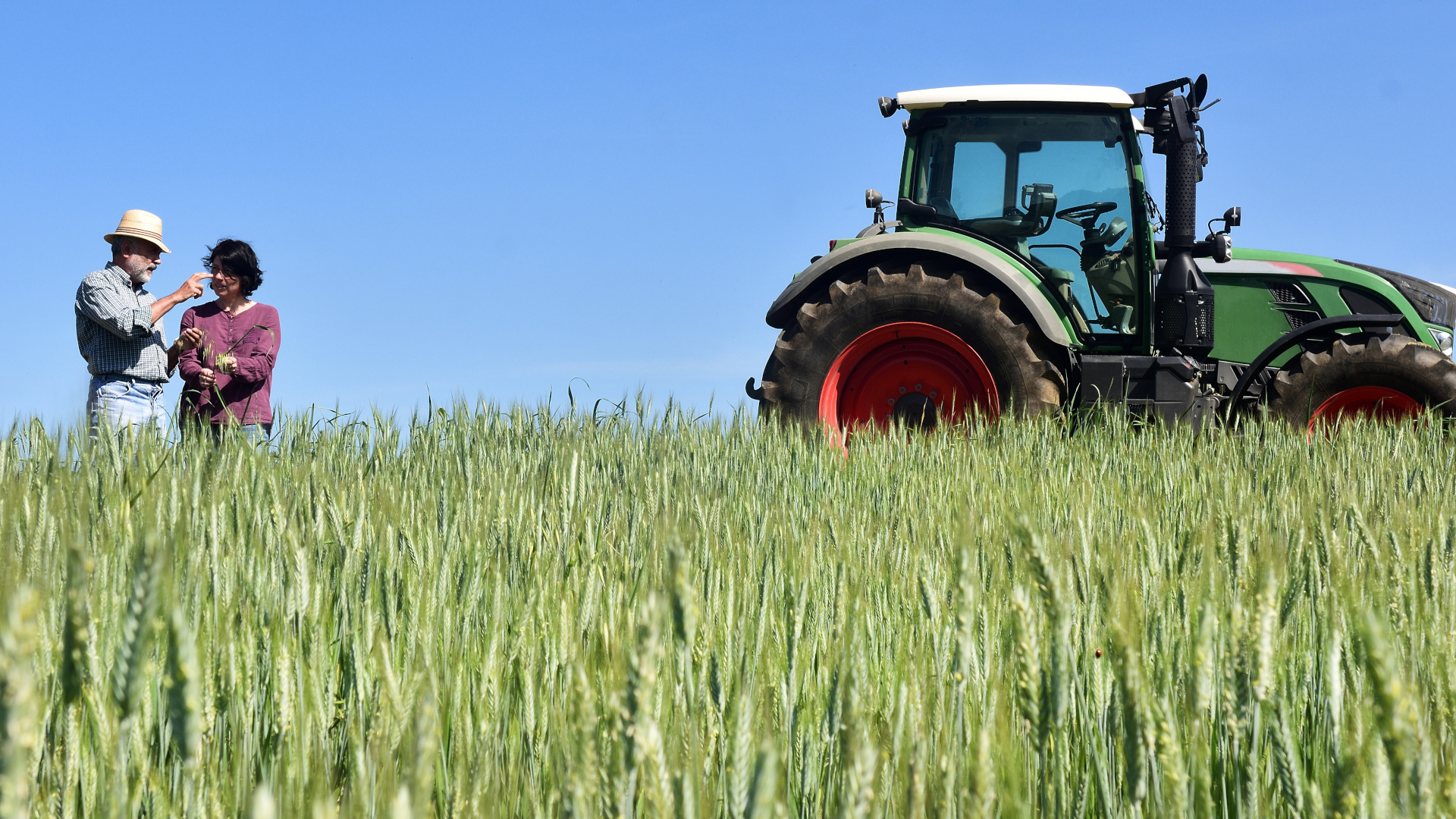New DFG commission: A holistic view of agricultural and food systems
An 18-member panel of experts forms the new Senate Commission of the German Research Foundation for the transformation of agricultural and food systems.

Ensuring food security is the most important task of agriculture. However, the sector is already suffering from the consequences of climate change and is under pressure to secure food for a growing world population. At the same time, it is partly responsible for a large proportion of climate-damaging greenhouse gas emissions and for the loss of biodiversity. A change in agricultural and food systems towards greater sustainability is the only way to master the challenges of the future. The task of the newly established Permanent Senate Commission "Transformation of Agricultural and Food Systems" of the German Research Foundation (DFG) is to better understand this profound change and to prepare scientifically sound information for the resulting social and political challenges.
Broad scientific expertise
"The unique selling point of the new DFG Senate Commission is its broad scientific expertise and its systemic view of the transformation of agricultural and food systems," says DFG President Katja Becker. "The committees and institutions that have been set up at national level to date predominantly only cover a specific area of agriculture and are also often bound by directives. The DFG wants to close this gap with the new Senate Commission." According to Becker, the committee will "work purely on basic research and look at agricultural and food systems in their entirety".
In order to grasp the complexity of the topic, the members of the commission will consider the entire value chain - from the natural framework conditions such as soil, climate and biodiversity to the cultivation and production systems for plants and animals and their integration into the market. Trade and demand as well as the nutritional needs and eating habits of consumers will also be examined. The focus of activities is on Germany and Europe. In addition, the Special Commission will develop position papers and represent the DFG in discussions and hearings on the topic of the agricultural and food transition.
Interdisciplinary advice
A total of 18 experts from the agricultural, social, natural and life sciences are members of the newly established committee - including many personalities who have already featured in our interviews on bioökonomie.de, such as the Göttingen agricultural economist Matin Qaim, the Bonn soil scientist Wulf Amelung, the Berlin political scientist Peter Feindt and the Scientific Director of the IGZ, Nicole van Dam.
The commission will be chaired by agricultural biologist Doris Vetterlein from the Helmholtz Center for Environmental Research (UFZ) in Halle (Saale). "The task of the commission is to continuously process new findings with regard to their scientific, social and political significance and thus provide science-based and interdisciplinary advice," says the Senate Commission Chair. "The focus is on controversial topics, newly developing issues and the assessment of the potential and risk of technical innovations."
DFG Special Commission "Transformation of agricultural and food systems"
A list of all members and guests of the Special Commission can be found on the website of the German Research Foundation.
The 18-member team, which was initially appointed for three years, has set itself three priorities: it wants to identify ways to ensure food security within planetary boundaries, to diversify the cultivation of crops and to transform the production and consumption of meat and animal products in society. In doing so, the Senate Commission is also following the "Farm to Fork" strategy of the European Union (EU), which takes into account the economic, social and ecological effects of transformation in addition to the international interdependence of supply chains. The Commission's first term of office is five years. The committee will convene for its first constituent meeting at the end of April.
bb


